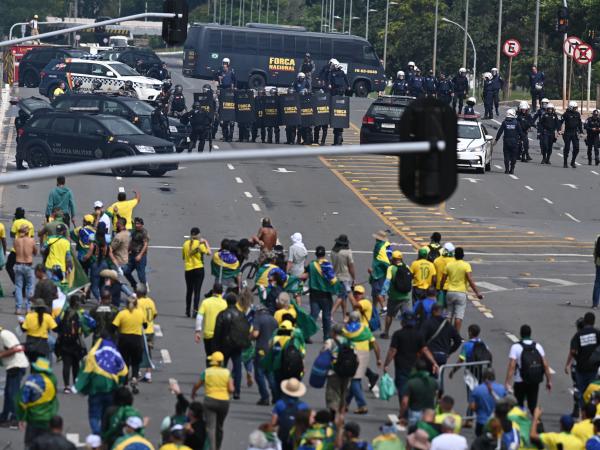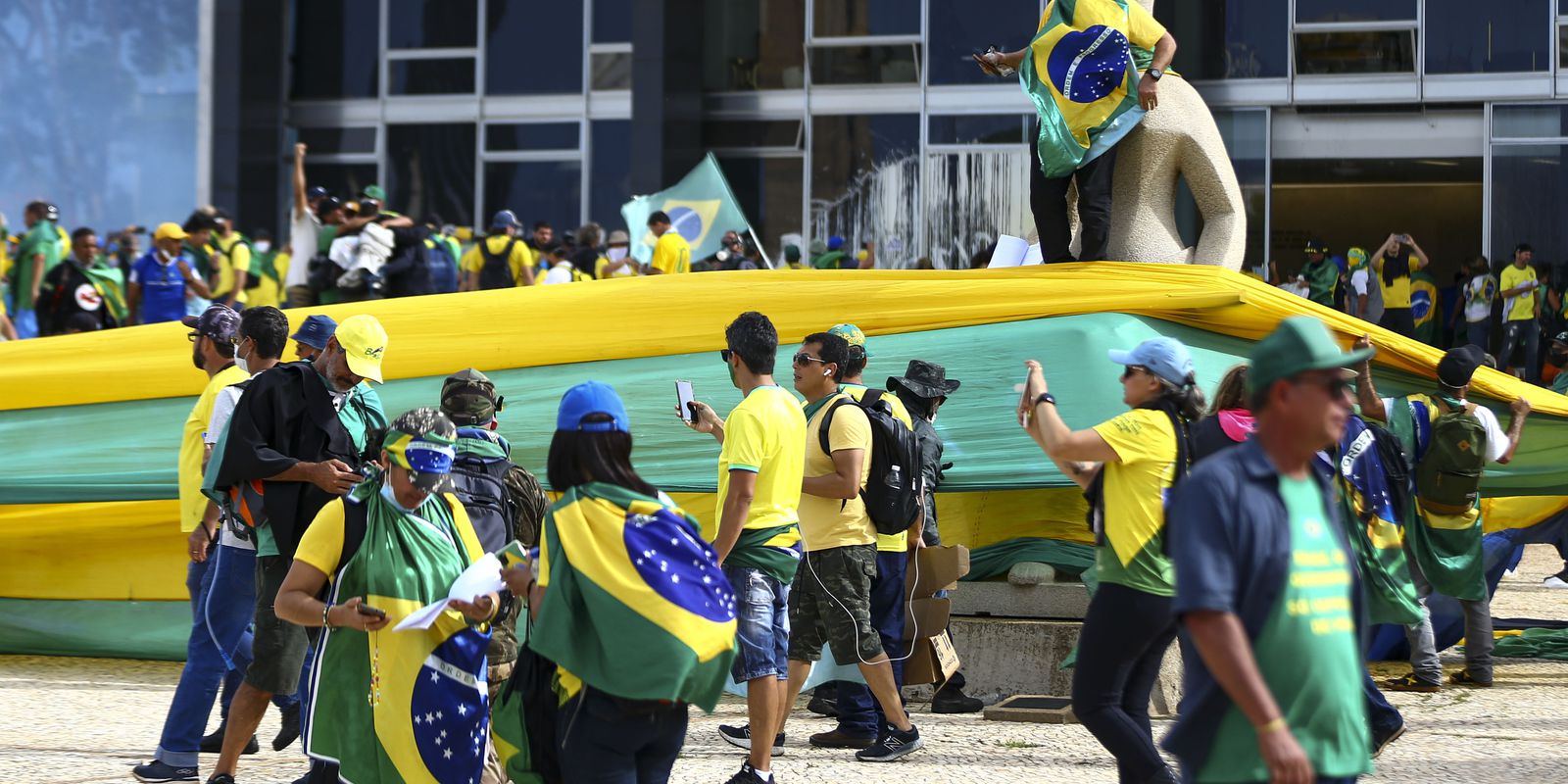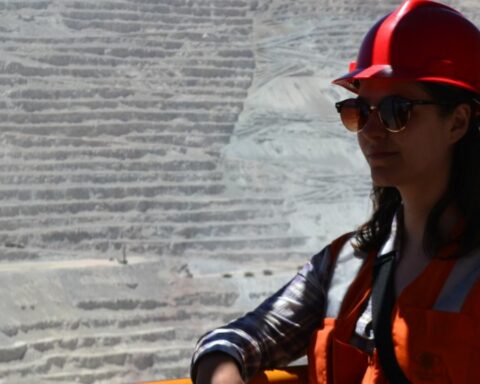United by mutual admiration and a close ideological affinity, the presidents of Chile, Gabriel Boric, and Colombia, Gustavo Petro, meet this Monday in Santiago in an appointment to strengthen ties that stages the new progressive winds that are blowing in South America.
The Colombian president arrives in the Chilean capital on his first official visit to the country after meeting on Saturday in Caracas with his Venezuelan counterpart, Nicolás Maduro, with whom he has embarked on a path to redirect relations after almost a decade marked by the blockade of States United and their allies.
A strategy that has contributed to impoverishment and instability in the oil-rich nation and has unleashed an acute migratory and humanitarian crisis throughout South America that has mainly affected Colombia and Chile, the latter country that had always been left out of migratory flows. irregular.
Irregular migration, which both Petro and Boric consider a regional problem in need of “regional solutions”, and relations with Venezuela, deteriorated during the previous Administrations of both countries, will be one of the important chapters of a visit that “seeks to strengthen ties between like-minded governments”, according to what they told efe sources in La Moneda.
An affinity that is also perceived on other fronts, such as the fight against the climate emergency, the promotion of the women’s agenda, the defense of the oceans, regional integration and collaboration, and the fight against drug trafficking and organized crime, two serious problems. which, like irregular migration, are also new in Chile.
The harmony and mutual admiration of both leaders was already evident during Petro’s inauguration ceremony, which Boric attended, and during the return of Lula da Silva to the Brazilian presidency, another of the region’s leaders with which both feel close, like the Argentine Alberto Fernández.
And it is that South America is experiencing what experts have called “the fuchsia tide”, a progressive renaissance similar to the one experienced at the beginning of this century to which was added the defense of the planet and equality, both gender, economic and Social.
All of them will face each other on January 24 in Buenos Aires during the Summit of the Community of Latin American and Caribbean States (Celac), to which Petro and Boric arrive with a common desire already expressed separately: that of greater integration and cooperation in regional forums to face present challenges.
A very formal visit
The Colombian president is scheduled to land at 02:00 on Monday local time (05:00 GMT) in Santiago, where he will be received with honors before laying a wreath at the tomb of the independence leader Bernardo O`Higgings.
From there, it is expected that he will leave for the presidential palace of La Moneda, where a small military parade will be held before both exchange decorations and offer a joint press statement.
Petro will also meet with the presidents of the Senate, Álvaro Elizalde Soto, and of the Chamber of Deputies, Vlado Mirosevic, as well as with the mayoress of the Commune of Santiago, Irací Hassler, who will hand him the keys to the city and will declare Illustrious Guest.
On Tuesday, Petro will visit the Palace of the Courts of Justice, where he will meet with the head of the Chilean Supreme Court, before returning to Bogotá.
Without an economic agenda and in the middle of the Chilean political crisis
Despite the fact that Chile is the main South American investor in Colombia and the fourth recipient of Colombian capital in the region, after Brazil, Argentina and Peru, and that both have a Free Trade Agreement (FTA) in force since 2009, on the agenda of The visit does not include business activities
Petro also arrives in the middle of the Chilean political crisis, the second that the Boric government has faced since he assumed leadership of the State last March.
The Chilean president announced this Saturday the resignation of the Minister of Justice, Marcela Ríos, and her chief of staff, Matías Meza-Lopehandía, both members of Social Convergence, one of the parties of the left-wing Frente Amplio coalition, demanded by the opposition after the controversy over the controversial year-end presidential pardons.
In the first, which occurred in September after the triumph of the rejection in the referendum to change the Constitution written during the dictatorship of Augusto Pinochet (1973-1990), Boric was forced to take a turn and bet on a cabinet and a strategy more moderate.








